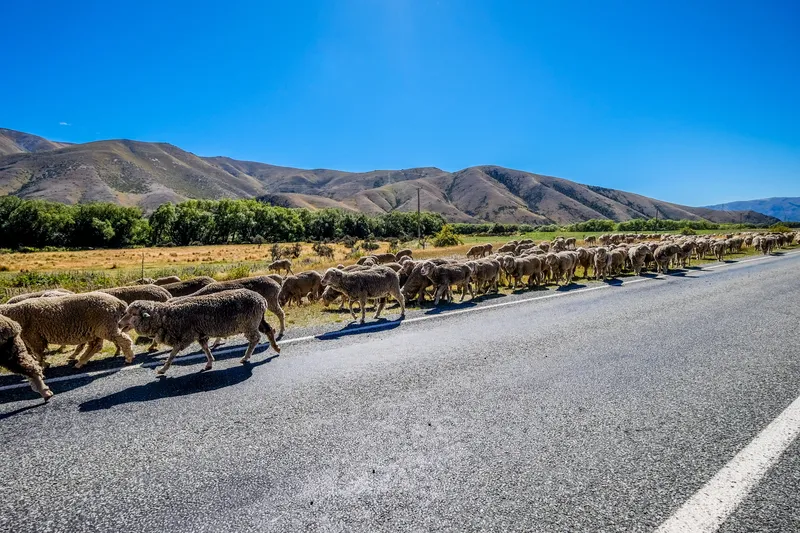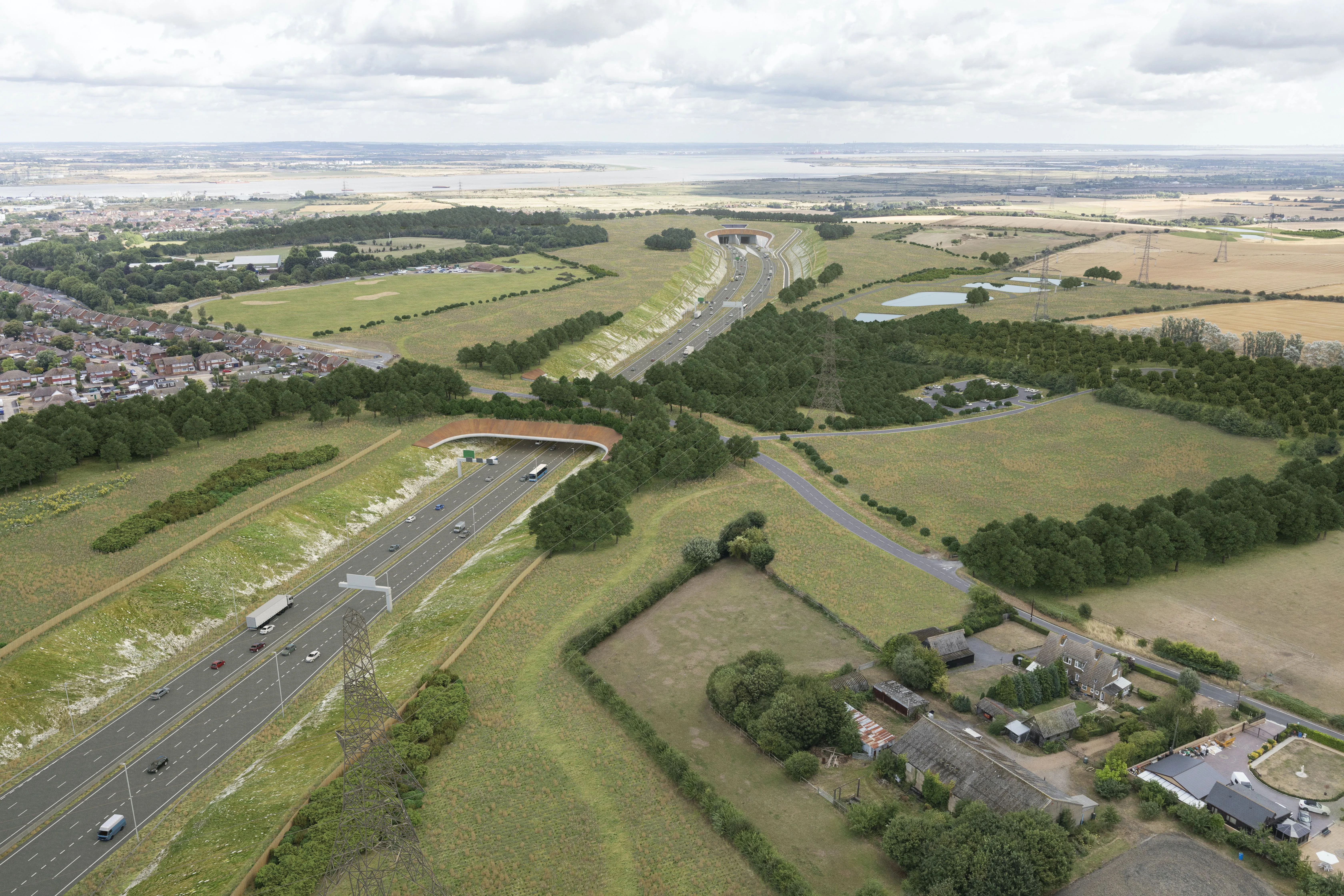
Media reports noted that NZ Transport Agency Waka Kotahi (NZTA) said procurement and construction of the roads could start within the next three years.
The projects are Belfast-to-Pegasus, the Hawke’s Bay Expressway, SH1 Cambridge-to-Piarere, State Highway 29 Tauriko, Takitimu North Link Stage 2, Mill Road and Warkworth-to-Wellsford.
The government recently announced that it had prioritised 17 Roads of National Significance that it wants to completed as soon as possible. They were noted in the government's recent Policy Statement on Land Transport but the cost of completion remains uncertain, according to media reports. The government has repeatedly said it would aim to use alternative revenue options where possible, including public-private partnerships, and user-pays options like road tolling, equity finance schemes, and value capture.
NZTA already operates three toll roads: the Northern Gateway Toll Road north of Auckland, the Tauranga Eastern Link Toll Road and the Takitimu Drive Toll Road, both in Tauranga.
Nick Leggett, chief executive of Infrastructure New Zealand – a membership organisation for the transport and road construction sector - has come out in favour of tolling. He said Roads of National Significance are much needed for the country’s economic and social development.
“Safe and efficient four-lane and grade-separated highways are not cheap, yet they are a critical piece of the puzzle when it comes to improving New Zealand’s land transport network,” said Leggett. “Tolling is the way to go to help deliver these new highway projects… We cannot kick the can down the road any longer.”









